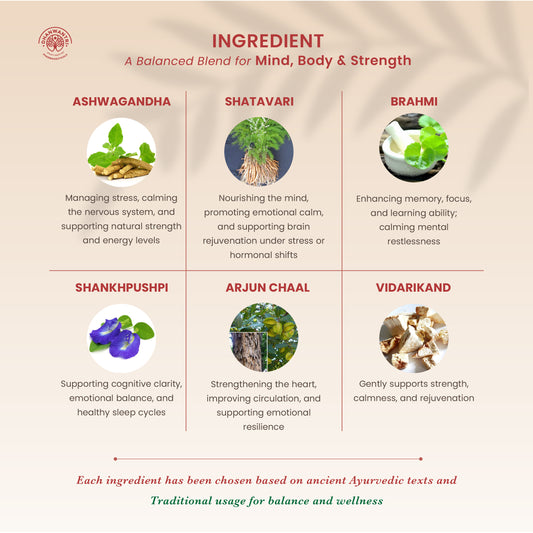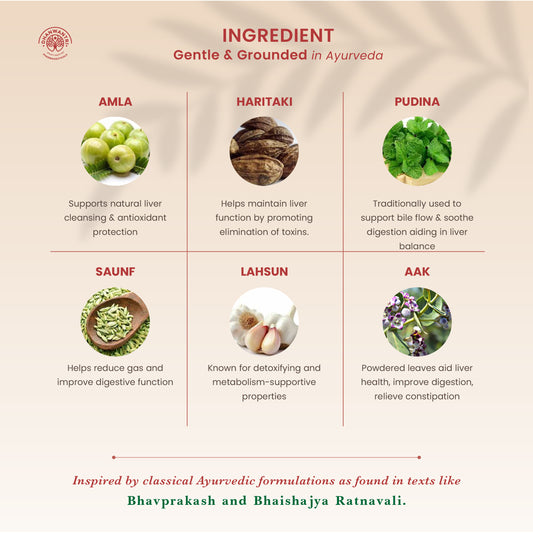Solutions for Managing Acidity
Acidity happens when your stomach makes too much acid, causing a burning feeling in your chest or stomach. It can come from certain foods or habits. Managing it involves watching what you eat, making lifestyle changes, and sometimes getting help from a doctor to feel better and keep your digestion in check.
What is Acidity?
Acidity refers to an excessive presence of stomach acid, leading to symptoms like heartburn or discomfort in the chest or upper abdomen. It occurs when the stomach produces too much acid or when acid moves back up into the esophagus, often due to certain foods, lifestyle habits, or underlying health conditions. Managing acidity typically involves dietary changes, lifestyle adjustments, and sometimes medications to alleviate symptoms and prevent discomfort.
Causes of acidity:
- Dietary Triggers: Consuming acidic, spicy, fatty, or citrusy foods can trigger excess acid production in the stomach, leading to acidity.
- Lifestyle Factors: Stress, irregular eating habits, lack of sleep, and smoking can contribute to increased stomach acid and acidity symptoms.
- Obesity: Being overweight can put pressure on the stomach, causing acid to flow back up into the esophagus, leading to heartburn or acid reflux.
- Pregnancy: Hormonal changes during pregnancy can relax the muscles that normally prevent stomach acid from moving upwards, causing acidity in some women.
- Certain Medications: Some medications, such as certain pain relievers (NSAIDs), certain antibiotics, or certain blood pressure medications, may increase stomach acid production or irritate the stomach lining, leading to acidity issues.
- Medical Conditions: Conditions like gastroesophageal reflux disease (GERD), gastritis, or a hiatal hernia can contribute to chronic acidity problems by affecting the functioning of the digestive system.
Symptoms of acidity:
- Heartburn: A burning sensation or discomfort in the chest, often after eating, which may worsen when lying down or bending over.
- Regurgitation: Sour or bitter-tasting acid backing up into the throat or mouth, especially when lying down or after eating.
- Acid Indigestion: Discomfort or pain in the upper abdomen, often described as a burning feeling or bloating.
- Difficulty Swallowing: A sensation of food getting stuck in the throat or difficulty swallowing due to irritation in the esophagus.
- Chest Pain: Sometimes, acidity symptoms can mimic chest pain, causing alarm, although it's not related to heart issues.
- Nausea or Vomiting: Occasionally, acidity can lead to feelings of nausea or even vomiting, especially when the acid reflux is severe.
- Chronic Cough: In some cases, persistent throat irritation caused by acid reflux can result in a chronic cough or throat clearing.
Prevention
- Avoid Trigger Foods: Steer clear of acidic, spicy, fatty, or citrusy foods that can exacerbate acidity.
- Smaller, Frequent Meals: Opt for smaller portions and eat more frequently to avoid overloading the stomach.
- Manage Stress: Practice stress-reduction techniques like meditation, yoga, or deep breathing to minimize stress levels.
- Healthy Sleep Habits: Aim for regular, restful sleep to support digestive health.
- Slow Eating: Chew food slowly and thoroughly to aid digestion and reduce the risk of acidity.
- Post-Meal Practices: Avoid lying down immediately after eating; instead, try walking or sitting upright to aid digestion.
- Hydration:Stay hydrated by drinking adequate water throughout the day to support overall digestive health.
- Limit Alcohol and Caffeine: Reduce intake of alcoholic beverages and caffeinated drinks, which can trigger acidity.
- Quit Smoking: Smoking can worsen acidity, so quitting smoking can be beneficial.
To explore Acidetain Tablets and its potential benefits further, you can visit theTata1mg platform for more information.
Dhanwantri Pharmaceutical Introduce Ayurvedic Medicine Acidetain Tablets For Acidity.
Benefits of Acidetain:
- Reduce hyperacidity.
- long lasting relief.
- Improve digestion.
- Provides relief from chronic acidity.
Ingredient :
- Avipattikar Churna
- Sootshekhar Ras
- Amlapittantak Ras
- Kamdudha Ras
- Namak Khari
Conclusion:
Acidity happens when your stomach makes too much acid, causing a burning feeling in your chest or stomach. It can come from certain foods or habits. Managing it involves watching what you eat, making lifestyle changes, and sometimes getting help from a doctor to feel better and keep your digestion in check





